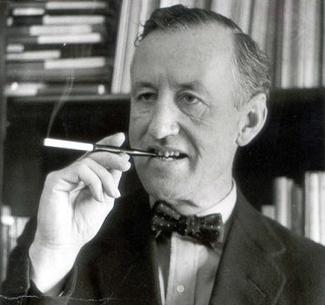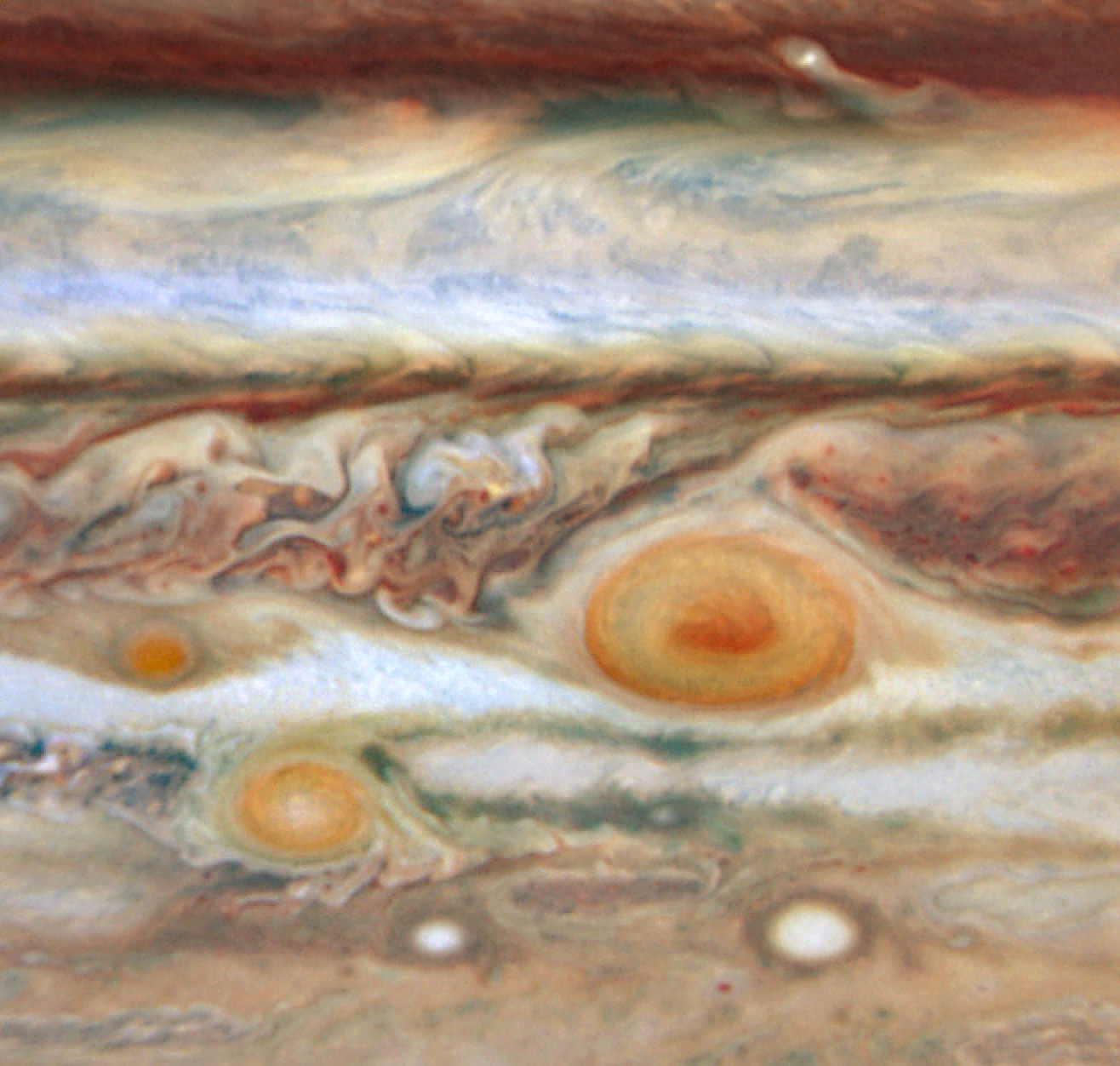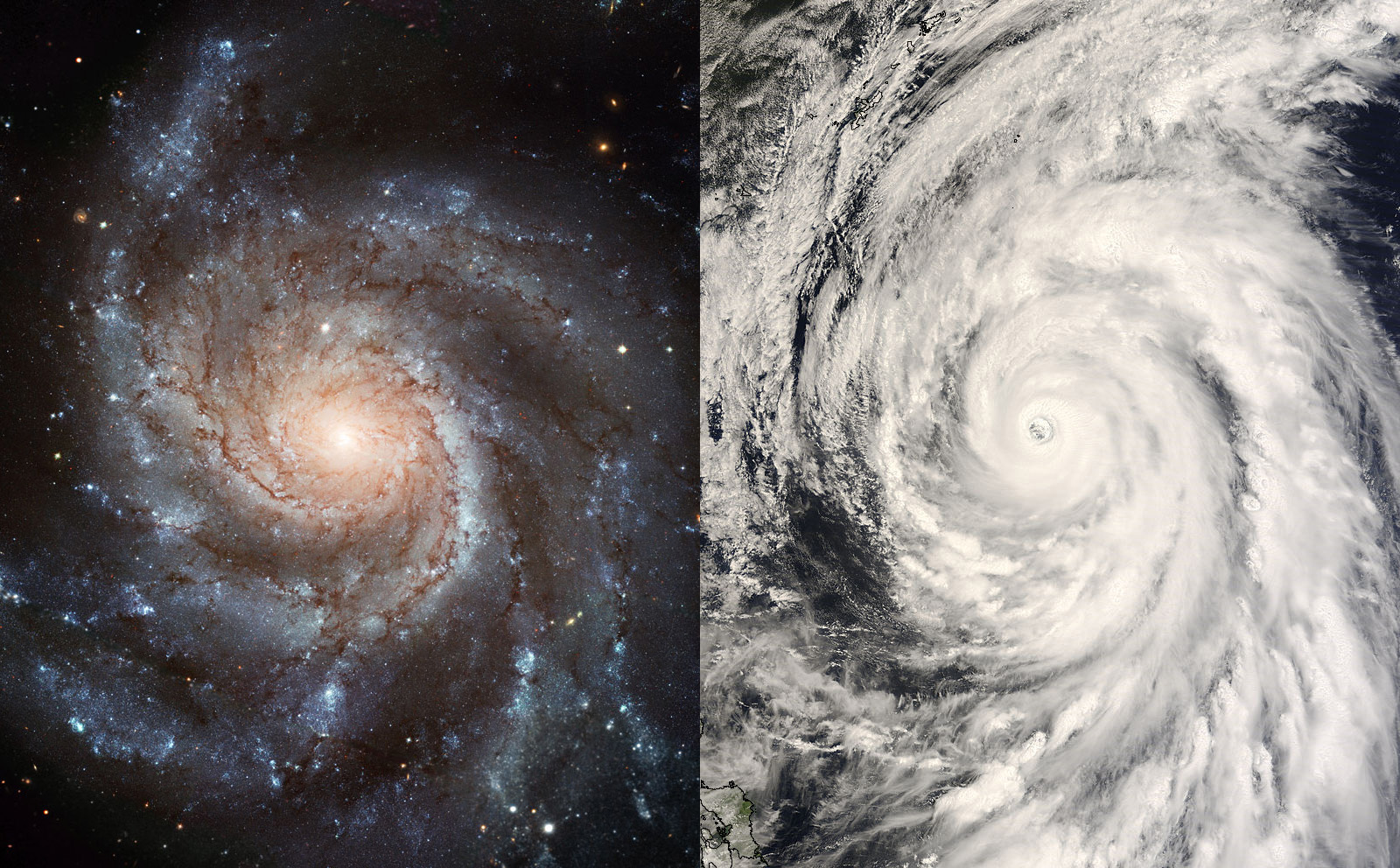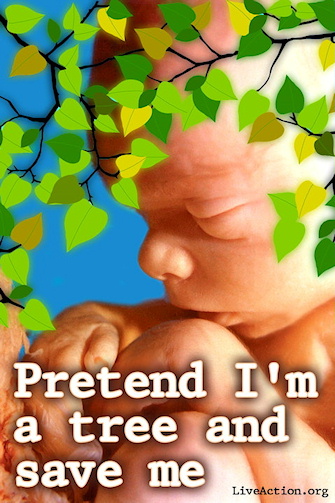
The Solemnity of
Corpus Christi is celebrated either on the Thursday after the Solemnity of the Most Holy Trinity or the Sunday afterwords. At the Vatican it was last Thursday. In America it is today (25 May).
Dear brothers and sisters!
After the high point of the liturgical year that extends over three months and centers on Easter - first the 40 days of Lent, then the 50 days of Eastertide - the liturgy then marks three feasts that have a 'synthetic' character: Trinity Sunday, then Corpus Domini, and finally the Feast of the Sacred Heart of Jesus.
What is the significance of the feast we mark today to pay homage to the Body and Blood of Christ? The celebration itself tells us, as we manifest its fundamental acts.
First of all, we are gathered around the altar of the Lord, to be together in his presence. In the second place, we will have the procession, which means, walking with the Lord. and finally, kneeling before the Lord - adoration - which starts in the Mass and accompanies the whole procession, then culminates in the final Eucharistic Benediction, when we all prostrate ourselves before Him who stooped down to us and gave his life for us.
Let us pause a bit over these three attitudes, because they are truly an expression of our faith and our life.
The first act is to gather in the presence of the Lord. This was called in ancient times 'statio'. Let us imagine for a moment that in all of Rome there exists no other altar but this one, and that all Christians of the city are invited to assemble here to celebrate the Savior who died and was resurrected.
This gives us an idea of what it was like in the beginning, in Rome and so many other cities where the message of the Gospel and the Eucharistic celebration reached. In every local Church, there was only one bishop, and the community formed around him, around the Eucharistic sacrament that he celebrated - a single one, because there was one blessed Chalice and one bread that was broken, as we heard in the words of the Apostle Paul in the second Reading (cfr 1 Cor 10,16-17)
Another famous Pauline expression comes to mind: "There is neither Jew nor Greek, there is neither slave nor free person, there is not male and female; for you are all one in Christ Jesus" (Gal 3,28).
All of you are not just one thing, but one! In these words are felt the truth and the power of the Christian revolution, the most profound in human history, which is experienced precisely around the Eucharist: when persons of all ages, gender, social condition and political leaning gather in the presence of the Lord.
The Eucharist can never be a private matter, reserved for persons who are chosen out of affinity or friendship. The Eucharist is public worship, which has nothing esoteric nor exclusive about it.
Even here, tonight, we did not choose whom we would meet, we have come here and find ourselves next to each other, bound by a common faith and called to become one body, sharing the only Bread who is Christ.
We are united beyond our differences in nationality, profession, social class, political ideas. But we are open to one another in order to become one in his name. From the very beginning, this has been a characteristic of Christianity which is visibly realized around the Eucharist. We must protect it, so that recurrent temptations of particularism, although in good faith, do not result in the opposite.
Corpus Domini reminds as above all that to be Christian means to come together everywhere in the presence of the one Lord and become one with him and in him.
The second constitutive aspect of this feast is walking with the Lord. That is the reality manifested in the procession that we will experience together after the Mass, almost like its natural extension, as we move behind him who is the Life and the Way.
By giving himself in the Eucharist, the Lord Jesus releases us from 'paralysis', he makes us get up and go on, to take one step forward, and then another, and thus proceed on our journey with the strength that comes from the Bread of life.
That is what happened to the prophet Elijah, who fled to the desert for fear of his enemies, and had decided to let himself die doing so (cfr 1 Kings 19,1-4). But God roused him from sleep and made him find a hearth cake next to him: " "Get up and eat," he told him, "else the journey will be too long for you!" (1 Kings 19,5.7).
The procession of Corpus Domini teaches us that the Eucharist means to rid us of every despondency and dejection, to make us rise up again so we can continue our journey with the strength that God gives us through Jesus Christ.
The first Reading spoke to us about the experience of the people of Israel during the exodus from Egypt, their long wanderings across the desert - an experience that was constitutive for Israel but also exemplary for all mankind.
In fact, the expression "not by bread alone does man live, but by every word that comes forth from the mouth of the LORD" (Dt 8,3) is a universal statement that applies to every man insofar as he is human.
Everyone can find his own way, if he encounters him who is the Word and the Bread of Life, and lets himself be led by his friendly presence. If we do not have God-with-us, God next to us, how could we sustain the pilgrimage of existence, whether as individuals, or as a society or family of peoples?
The Eucharist is the sacrament of God who will not leave us alone along the way, but is right beside us to show the way. Indeed, it is not enough to move ahead, but one must know where one is going. "Progress' does not suffice, if one has no reference points - because if one goes off course, then one could end up in a precipice, or at the very least, find oneself farther away from the destination.
God has created us free, but has not left us alone. He made himself the 'way' and has come to walk with us, because our freedom also includes the discernment to choose the right way and to take it.
At this point, we cannot help but think of the 'decalogue', the Ten Commandments, in which it is written: "I am the Lord, your God, who brought you out of the land of Egypt, that place of slavery. You shall not have other gods besides me" (Ex 20,2-3).
We find in this the third constitutive element of Corpus Domini: to kneel in adoration in front of the Lord.
To adore the God of Jesus Christ, who, out of love, became bread to be broken, is the most valid and radical remedy against the idolatries of yesterday as well as today. To kneel in front of the Eucharist is a profession of freedom: whoever bows before Jesus cannot and should not prostrate himself before any earthly power, no matter how strong.
We Christians only kneel before God, before the Most Blessed Sacrament, because we believe and know that the one true God is present, who created the world and loved man so much that for his sake, he gave his only begotten Son (cfr Jn 3,16).
We prostrate ourselves before a God who was the first to bend down to man, like the Good Samaritan, to help him and give him back life, who knelt before us to wash our dirty feet.
To adore the Body of Christ means to believe that he is truly present in that piece of bread, Christ who gives sense to life - to the immense universe as to its littlest creature, to the entire human history as to the briefest of existence.
Adoration is a prayer that prolongs Eucharistic celebration and communion, during which the soul continues to nourish itself: it feeds on love, on truth, on peace. It feeds on hope, because he before whom we bow, does not judge us, does not crush us, but frees and transforms us.
And that is why being together, walking together, and adoring together fills us with joy. Taking on ourselves the adoring attitude of Mary, whom we specially remember in this month of May, let us pray for ourselves and for everyone. Let us pray for every person in this city that he may know you, our Father, and him who you sent us, Jesus Christ, and thus, have life in abundance. Amen

































